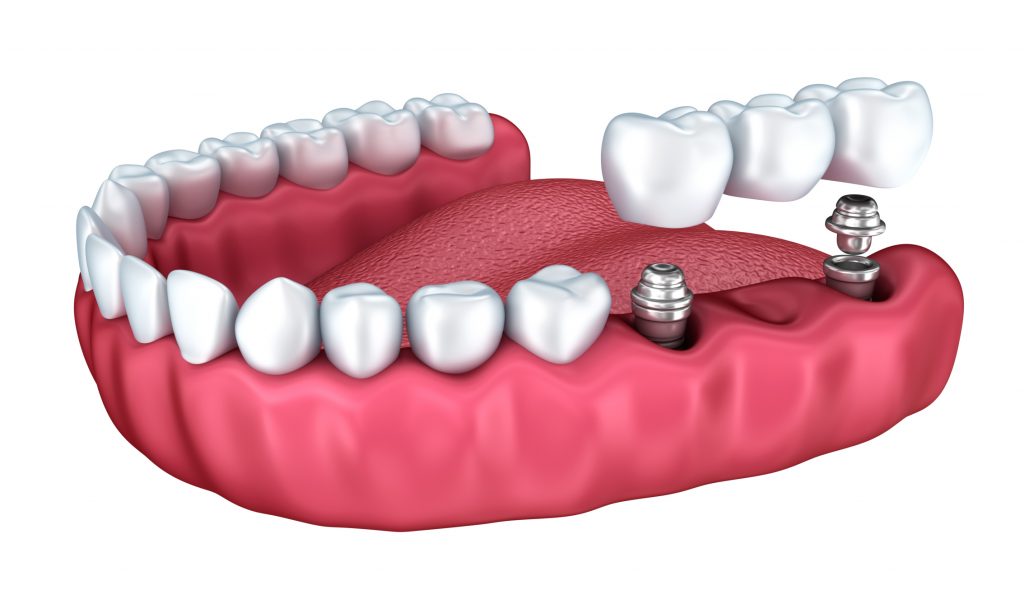
No one wants receding gums, but unfortunately, it’s a fact of life. Fortunately, there is a way to repair the issue without having to use painful gum grafting. Pioneered by Dr. Chao, the Pinhole® Surgical Technique is a new way to repair gum recession through a pinhole-sized incision, rather than having to cut. This new technique will not only reduce discomfort grafting surgery can do, but also cut down recovery time. Here are some of the common questions asked:
Is gum recession something that you see often? If it isn’t a painful result, chances are patients won’t address the issue. Before the Pinhole Surgical Technique, a lot of people are put in a dilemma of whether they should fix it with a very painful, drawn out gum grafting procedure, try to ignore it, or try a temporary fix by placing a filling on the exposed root.
How long does the standard gum grafting procedure take? The standard procedure requires cutting out a graft of the gum from the palate and grafting it to where it’s needed. To delicately cut and remove the graft tissue and attach it with sutures takes about an hour to an hour and a half for just one or two teeth. But what is more drawn out is the recovery time, which could two or three weeks. With Pinhole Surgical Technique, there is no gum grafting anymore. A pinhole is made by a needle, so there’s no scalpel or cutting at all. Then we shift the tissue down with very little trauma to the tissue.
Will I have to do this often? This is expected to be permanent and lasts as long as any other procedure. Maintenance will keep the procedure intact.
If you would like more information about Pinhole Surgical Technique, call Dr. Peter O. Cabrera in Chicago, IL at 312-994-7939 or visit www.perioimplantchicago.com.
Dr. Cabrera proudly serves Chicago and all surrounding areas.








